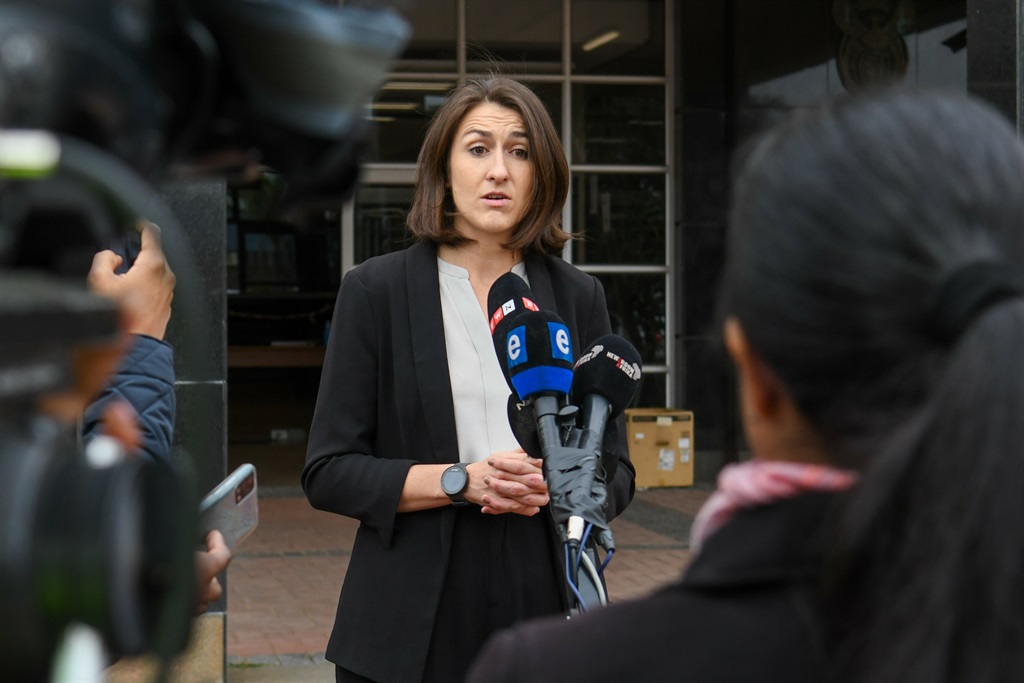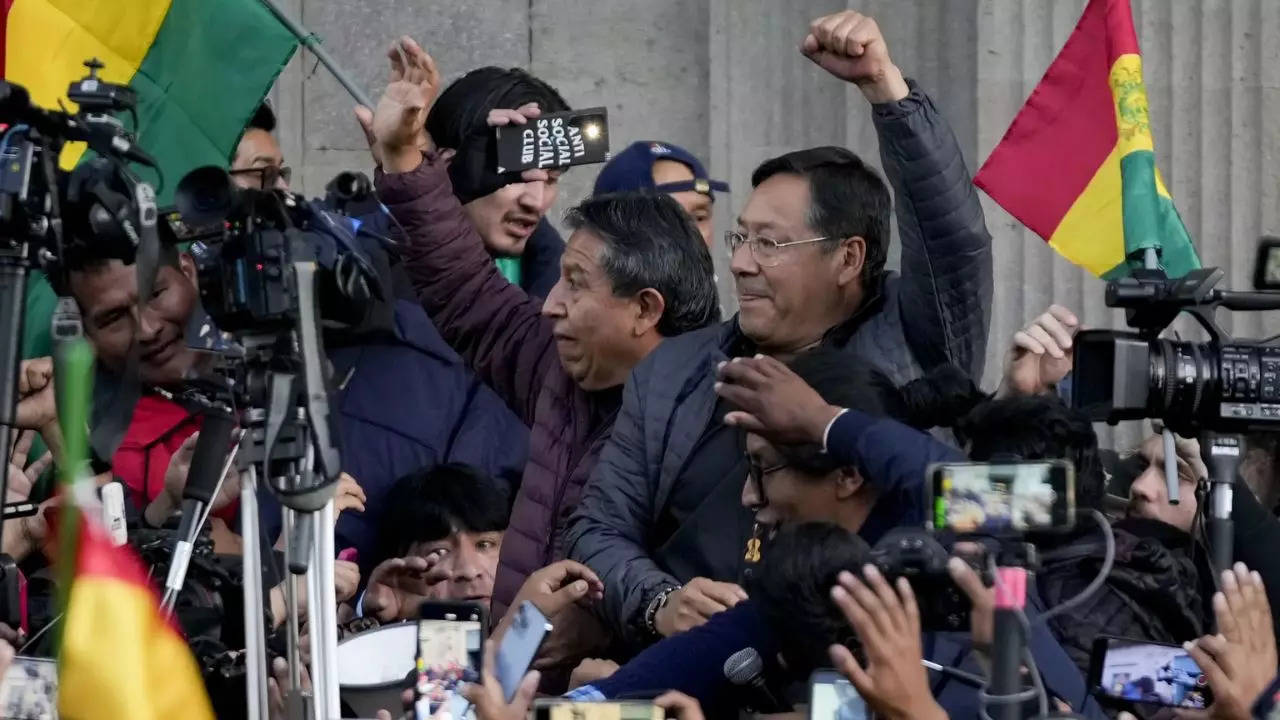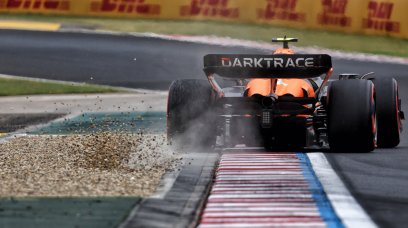Tina Power, lawyer for Sanef, briefs the media after journalists were banned from recording or broadcasting the proceedings during a preliminary hearing in the KwaZulu-Natal High Court in Durban on August 1, 2022.
Gala Images / Darren Stewart
- SA’s National Forum of Editors has called for better treatment of journalists reporting on court cases.
- Access to journalists was closed this week Randburg Magistrates Court for coverage the appearance of an alleged Israeli gang member.
- At the forum, it was decided to increase the training of court reporters.
The South African National Forum of Editors (Sanef) has called for better treatment of journalists covering court cases, saying it has been “inundated with complaints from journalists” who are finding it “increasingly difficult to do their jobs”.
Journalists were denied access to the Randburg Magistrates’ Court on Friday to cover the appearance of an alleged Israeli gang member.
According to Sanef, there have been several similar incidents, including one involving a Sowetan journalist who was forced to stand trial in the Boksburg Magistrate’s Court after requesting permission to photograph the accused.
READ | The case against 8 Israelis has been adjourned, the media is not available in court
News24 also previously reported that the media was not allowed into the courtroom in May during the corruption trial of former eThekwini mayor Zandile Gumede.
The issue was discussed at last weekend’s Sanef board meeting.
“Despite the fact that some of these concerns have previously been raised with organizations such as the Magistrates’ Court Commission and the Department of Justice and Correctional Services, we are taking a dim view of these very disturbing incidents that impede access to information and freedom of expression,” he said. Sanef.
The council decided to invest in more training for court reporters after the media was barred from Senzo Meyiwa’s murder trial last week for showing the face of a state witness on camera.
Sanef said the council decided to create a portal where journalists can “access effective and immediate assistance if they are intimidated, assaulted and/or threatened in the course of their work.”
He has also already started work with the “Democracy Works” Foundation on the creation of an ethical barometer.
This was one of the recommendations of the Independent Inquiry into Media Ethics and Trust, which Sanef commissioned in 2020.







